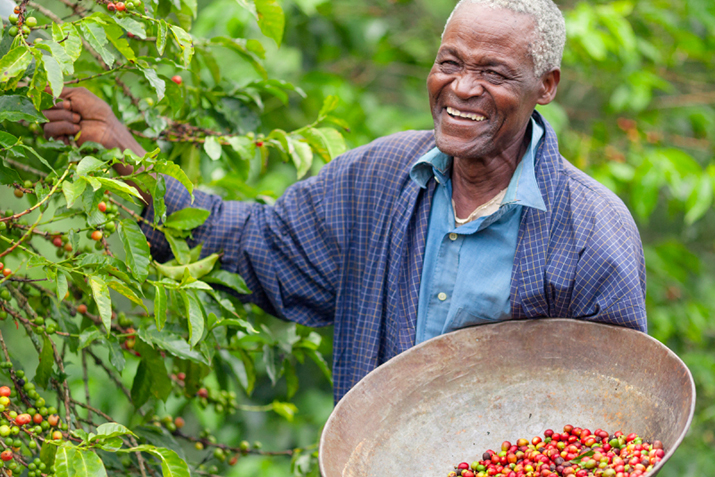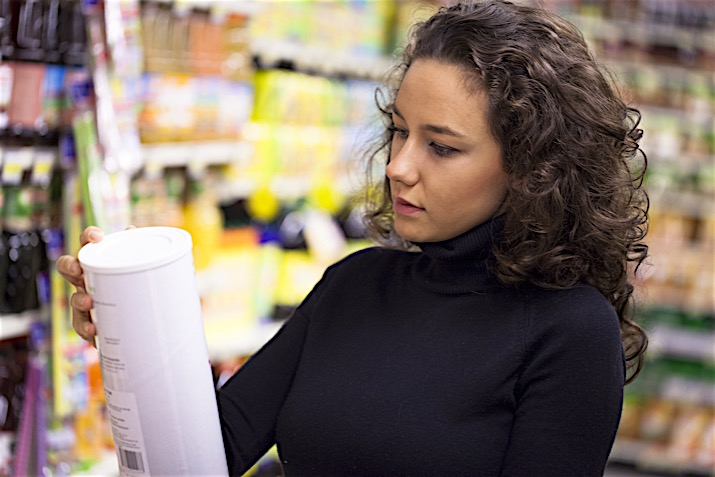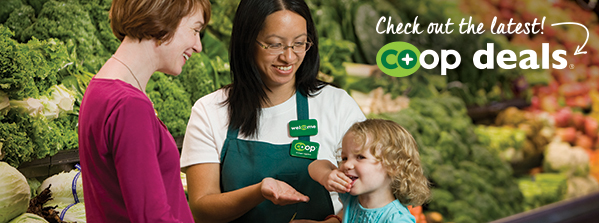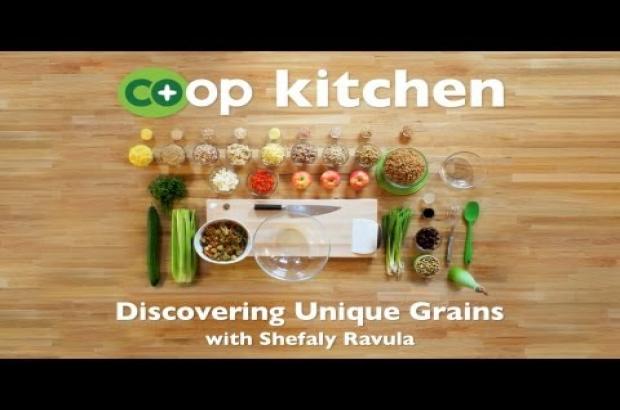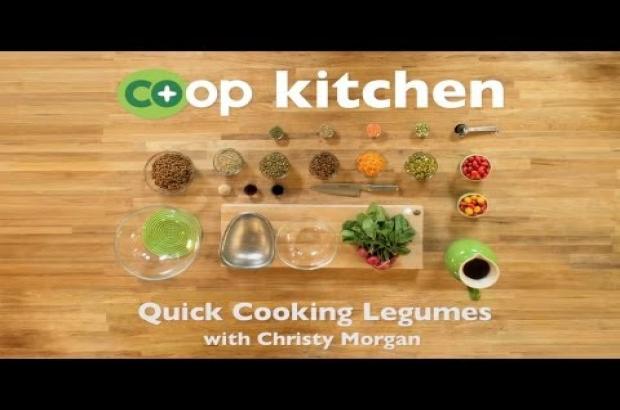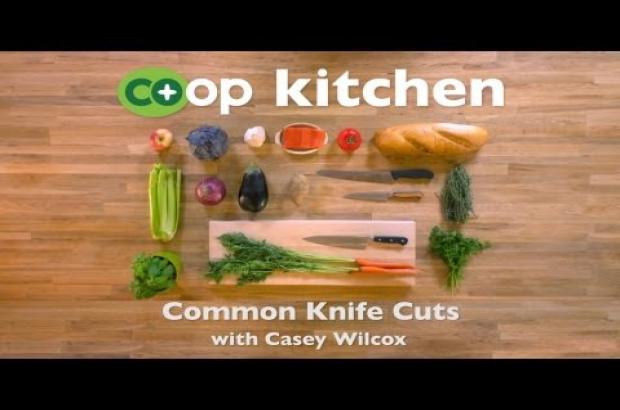Article
Dare to Eat an Organic Peach

"I don't buy organic produce," my buddy told me. "It's always ugly and garbagey."
That was 2001. I'd been working in co-op produce departments nearly ten years, and I'd come to think of organic as higher quality, tastier, and "prettier."
"You're crazy. Nothing touches organic fruit," I said.
"Forget it. I'll never buy that trash again."
I invited him to stop by Wedge Co-op where I worked at the time, and I bought him a bag of organic peaches. It was August and the organic Colorado peaches were in. We sat in the parking lot and he ate one. I could see the saturated pectin flavor hit him like a drug.
"Whoa. This is organic?" he said. He pulled out another peach and ate it immediately.
Turns out the last time he'd purchased organic fruit was in the early nineties, when, yes, fruit from remote organic farmers traveled a great distance to reach far-off natural foods stores. Fruit could get pretty beat up in transit.

These particular peaches were from Rancho Durazno in Colorado, my very favorite (well, other than Fredericksburg peaches which I'd fallen in love with while working for Wheatsville Co-op in Austin). Rancho Durazno is located in the heart of Colorado's peach country, and this peach was telling of the organic fruit market's maturity. The demand was large enough in 2001 that a small grower like Rancho Durazno could ship far and wide without danger of either the product rotting on the shelf or the fruit being mishandled during shipping (if stone fruit is stored below 50 degrees, it doesn't ripen properly and becomes mealy).
"Okay," my pal said. "I gotta admit it. That was a great peach."
I thanked him for coming by and said so long. I had to get back to work.
He was licking the peach-juice off his thumb. "I'll follow you back in the co-op. I'm gonna get a few more for my wife."
Flash forward from the nineties to the 2010s. I'm blogging for Fair Food Fight, and the change in attitude toward organic fruit has been mindboggling.
"I don't buy organic strawberries," a FFF reader told me. "Organic is elitist food for rich people."
From garbage to gold? The times they have a-changed.
Well. You gotta hand it to organic farmers, eh? They shook off their low-class rep for growing banged up, bad-tasting fruit.
But the perception that organic food is elitist and for rich people is a shame.
Explaining the price of organic food is tricky because the price of conventional food is deceiving, unreal. Why? Because a lot of conventional food is artificially cheap.
In the case of conventional produce, topsoil depletion, pesticide pollution in our fresh water and oceans, high-impact fertilizer, and the long-term health damage to farmers and farm workers handling harsh ag chemicals don't get factored into the retail price at the checkout counter. Nor do any health costs to the general population that may result from eating pesticides.
In many cases, organic foods are still more expensive than their conventional counterparts. But that's because the price reflects the costs of sustainable methods used by organic farmers to avoid the very problems listed above.
So, pay more for organic? I say, "yes," if you can, and it's important to remember that rich people aren’t the only ones buying organic. In the midst of the economic downturn, organics grew by 7.7% from 2009 to 2010 (organic produce grew by 11.8%)*, so people from a wide range of incomes are making daily, weekly, yearly decisions to fit organic food in their budgets.
I'm very encouraged by the work grocery co-ops and others are doing to support organic food and farmers, making organic foods available and affordable to more and more people.
* From Organic Trade Association’s 2011 Organic Industry Survey





